Knowing what business you are really in is one of the most important secrets of marketing – and one that is most misunderstood.
Most company owners get so involved with their product and its features that they forget about the customer. They sell the features and not the benefits.
The phrase “sell the sizzle and not the steak” is a marketing principle that emphasizes the importance of highlighting the benefits and emotional appeal of a product or service rather than just its features or specifications.
The phrase “Sell the Sizzle” was first coined by the legendary Elmer Wheeler way back in the 1930s.
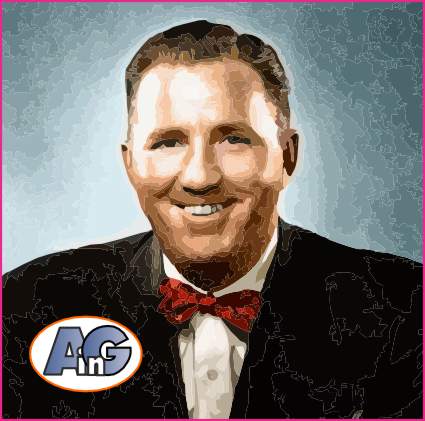
This web post gives 13 key examples of selling the sizzle –
- Steak
- Burglar alarms
- Sneakers
- Kodak film
- SUV’s
- Revlon lipstick
- Magic shows
- Razor blades
- Pizza
- Landscape design
- Real estate
- Cake mix
- Funeral services
For the benefits of selling the sizzle, jump to this section of the post.
To find out why so many sales professionals fail to sell the benefits – see this summary
Prefer to watch a video? Check the Youtube version below:
Selling the Sizzle, not the Steak
The origin of the phrase came from recognizing the benefit of a great steak is not the look of a slab of meat but the delicious aroma of steak freshly grilled on a barbeque.
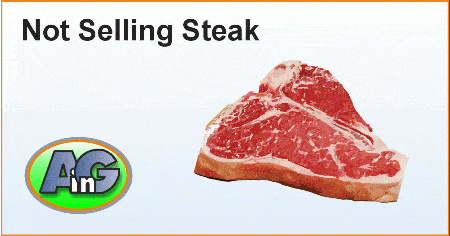
Alarm companies are not selling burglar alarms
By selling peace of mind, an alarm company taps into the emotional aspect of its customer’s needs and desires. While the tangible product is the burglar alarm or security system, the true value lies in the feeling of safety and comfort that customers experience, knowing that their homes or businesses are protected.

As an Amazon Associate, I earn from qualifying purchases
Home Alarm System Wireless Built-in Antenna. Advances in electronic technology means that the handy homeowner can secure her home without using an alarm professional
Nike is not selling sneakers
By selling “attitude,” Nike taps into the emotional and psychological aspects of consumer behavior. They go beyond selling products and instead focus on selling a feeling, an identity, and a sense of purpose. This approach has allowed Nike to establish a strong and enduring connection with its customers, making it more than just a sportswear brand but a lifestyle and cultural icon.

Kodak was not selling film
Kodak was, in essence, selling memories. While the company manufactured and sold film and photography-related products, its marketing and brand essence were deeply rooted in the idea of preserving and cherishing memories through photography.
Kodak’s marketing strategies were centered around the concept that taking photographs was a way to freeze time, create lasting memories, and preserve life’s most precious moments. The brand positioned itself as an essential tool for capturing and reliving memories with family, friends, and loved ones.
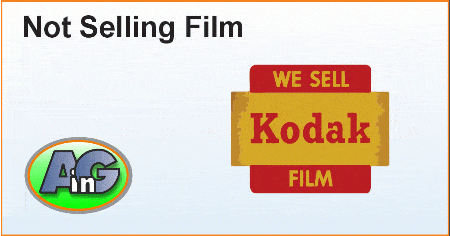
Kodak’s famous slogan, “Kodak moments,” encapsulated their focus on capturing and preserving special moments in people’s lives. Their advertising campaigns often emphasized the emotional aspects of photography, highlighting the joy, nostalgia, and sentimental value of capturing important events and memories.
Landrover is not selling cars
Manufacturers of SUVs and off-road vehicles long ago understood the romance and adventure of driving in wild places was a massive selling point, Just consider the following:
GMC Yukon, GMC Denali, Toyota Tundra. various Land Rover models, various Range Rover models, Toyota Land Cruiser, Jeep Wrangler, Subaru Outback, Toyota Sequoia, Ford Explorer, Subaru Forester, Toyota 4Runner, Jeep Renegade, Ford F-150 Raptor. Jeep Cherokee, Chevrolet Trailblazer, GMC Canyon, Ford Escape, and Subaru Crosstrek.
Nissan even has a brand that is so far away it is out of this world: Nissan Xterra.

So the successful SUV sales professional will appeal to the intrepid explorer in their customer – even if he will never even drive it over a curb.
Tactics to amplify the outdoor experience are to partner with outdoor enthusiasts or organizations: Collaborate with outdoor clubs, adventure travel agencies, or influencers who share a passion for off-road activities. Their endorsement and partnership can boost the SUV’s credibility among the target market.
Revlon is not selling beauty products
Focussing on emotions and aspirations, instead of merely selling lipstick as a cosmetic item was Revlon’s marketing genius tactic. They tapped into consumers’ desire to feel glamorous, beautiful, and confident.
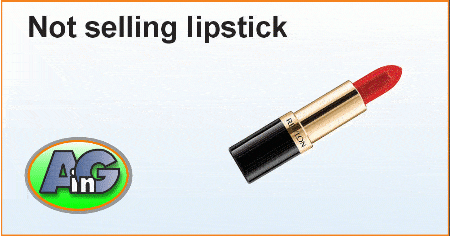
By selling a lifestyle and emotions, not just products, Revlon established a strong emotional connection with consumers, making them more than just a cosmetics company but an iconic brand in the world of beauty and glamour.
Ironically, not all sales methods work forever. The company has recently lost sales because of the rise of social media (especially Instagram) and the ability of newer manufacturers to establish connections with younger customers
More nimble companies like LAURA GELLER NEW YORK are beating Revlon in Social Media popularity. Italian Marble Sheer Hydrating Lightweight Lipstick With Vitamin E
A Magician is not just doing tricks
A successful magician is more than just someone doing tricks; he is a performer who uses his skills and creativity to entertain, amaze, and provide a sense of wonder to their audience. The art of magic is about transporting people to a world of enchantment and mystery, where they can momentarily suspend their disbelief and experience the magic of the impossible.

The outstanding Carnival of Illusion team of Roland Sarlot and Susan Eyed sell “Magic, mystery and Oooh La La” in their unique Old-World Illusion Show perfect for anniversaries, date nights, birthdays, and special evenings! Check their website for tickets here.
You can amaze your family of other audiences with one of many great illusions available on Amazon.
Gillette is not selling razor blades
Gillette’s advertising campaigns and messaging often emphasize the benefits of using their razors, such as a close and irritation-free shave, smooth skin, and overall grooming satisfaction. They position their razors as tools that can deliver a high-quality shaving experience, resulting in a clean and smooth appearance.
While the razor blades are the tangible product being sold, Gillette leverages the emotional appeal of a smooth shave to connect with consumers on a deeper level. This approach helps create a stronger brand identity and loyalty, making Gillette a household name associated with a premium and satisfying shaving experience.

Never standing still with products, Gillette’s latest technology includes the heated razor system available on Amazon below:
Gillette Heated Razor for Men
- THE WORLD’S FIRST HEATED RAZOR – Awaken your senses with the feeling of a hot towel shave
- SOOTHING WARMTH – heats up in less than a second to provide continuous soothing warmth to your skin
Dominos is not just selling pizza
Domino’s has developed a strong value proposition based on its track record for timely and reliable delivery. The company’s motto, “You Got 30 Minutes,” has come to signify that hot, fresh pizza will be delivered within 30 minutes of receiving an order. This plays a main role in Domino’s having a high market share compared to other pizza outlets like Pizza Hut, and Papa John’s
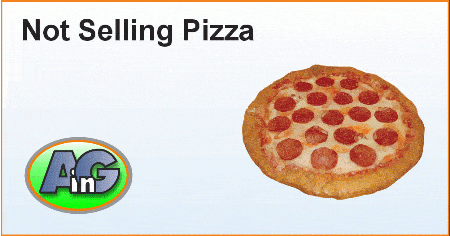
Landscape designers
Landscape designers or architects very often get deeply involved in the technical aspects of design – the width of the paths, the exact choice of plantings, and the nature of the gravel or paving stones while forgetting the real reason is the creating the perfect outdoor environment for their clients.
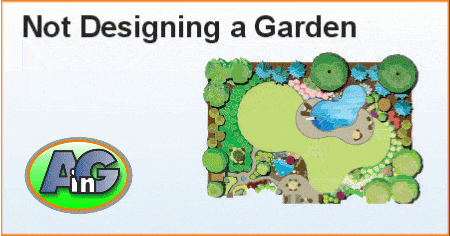
Real Estate Sales Professionals
The consummate real estate agent knows that her client’s wishes are paramount and that the choice of a home is an emotional decision. She wants her customers to fall in love with their new home. They are not selling houses, they are selling homes for people with dreams.

The successful agent considers the emotional needs of their customers above everything else. They need to do the work to study the hot buttons of their clients.
Betty Crocker Cake Mix
Betty Crocker is not selling cake mix, she is selling the wonderful mother-daughter bonding experience that culminates in the payoff exclamation: “Gee Mom that smells great!”
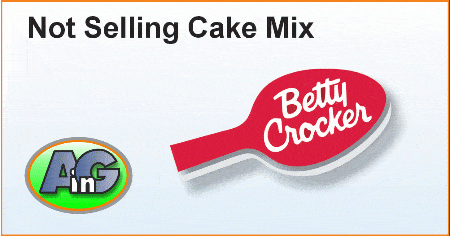
In an interesting variation on the cake mix marketing equation – Betty Crocker (back in 1952) introduced the idea of adding an egg.
Why did Betty Crocker add an egg? It was not necessary – the formulae could have been tweaked BUT the company believed that a traditional mom would feel more empowered and authentic if she added her own egg to the mix.
Take a look at one of the latest cake mixes from the legendary Betty Crocker company!
Funeral Professionals
The role of a funeral professional is not simply to bury the dead but to assist families through the mourning process, providing solace and comfort during a time of profound sadness and loss. Their dedication to both the deceased and the living is an essential aspect of their profession, helping families find healing and closure as they say their final goodbyes to their loved ones.
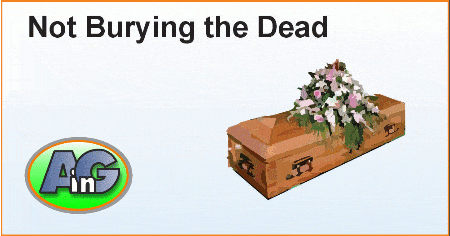
Frugal customers can purchase their own funeral urns from a selection like this.
Benefits of Selling the Sizzle
Here are the main reasons why it’s important to “sell the sizzle”:
- Emotional appeal: decisions are often driven by emotions rather than pure logic. By focusing on the sizzle, marketers tap into people’s desires, aspirations, and emotions, making the product or service more appealing and relatable.
- Differentiation: In many markets, products or services may have similar features or functionalities. Highlighting the sizzle allows companies to differentiate themselves and stand out from competitors. It’s about showing how their offering can uniquely satisfy customers’ needs and wants.
- Attention-grabbing: The sizzle creates curiosity and grabs attention. It piques the interest of potential customers and encourages them to explore the product further.
- Memorable experience: The sizzle creates a memorable experience for customers. It leaves a lasting impression, making it more likely that they will remember the product and consider it when making purchasing decisions.
- Persuasion: Focusing on the sizzle helps persuade potential customers to make a purchase. It appeals to their imagination and creates a sense of anticipation and desire for what the product or service can offer.
Why do manufacturers and salesmen forget to sell the sizzle
Manufacturers and salesmen often prioritize product features over product benefits due to several factors:
- Technical Expertise: Manufacturers’ in-depth knowledge of their products leads them to focus on impressive technical details, assuming customers will appreciate these features as much as they do.
- Product-Centric Perspective: Being intimately familiar with their products, they may believe that the features themselves are what make the product valuable, rather than understanding how those features benefit customers.
- Lack of Customer Understanding: Insufficient understanding of customers’ needs, preferences, and pain points can make it difficult to identify and communicate the most relevant benefits.
- Overestimating Customer Knowledge: Salespeople may assume customers already know the benefits associated with certain features, leading them to skip explaining these benefits during the sales process.
- Fear of Overselling: Some salespeople fear being pushy, so they stick to presenting factual information about product features without delving into potential benefits, assuming customers will figure them out.
- Time Constraints: Time-limited sales interactions prioritize quickly conveying product features over discussing broader benefits.
- Internal Pressures: Manufacturers emphasize product features in marketing and training to highlight uniqueness or differentiate from competitors but may not effectively communicate how these features address customer needs.
To address these challenges, manufacturers and salesmen must shift their focus to customer benefits. This requires a deeper understanding of the target audience, active listening during sales interactions to identify customer needs, and the ability to articulate how product features directly translate into valuable solutions for customers. By effectively communicating benefits, they can create stronger connections with customers and increase the likelihood of successful sales outcomes.
Always consider the customer first
Concentrating on the product is the ultimate act of selfishness. The product is the center of your attention – maybe you designed it or manufactured it. Or you have studied it endlessly, tried to improve the supply chain – tried to order and deliver it. You may also have decided on the correct price point to create the necessary profit.
All these activities are product-centric and inevitably divert you from the ultimate reason for the product – which is the customer and the benefits they will derive.







